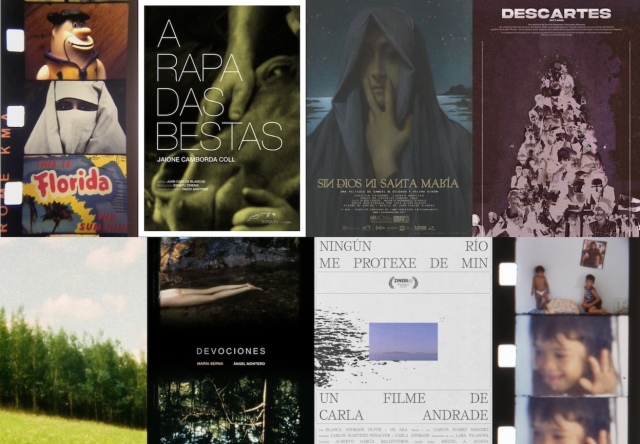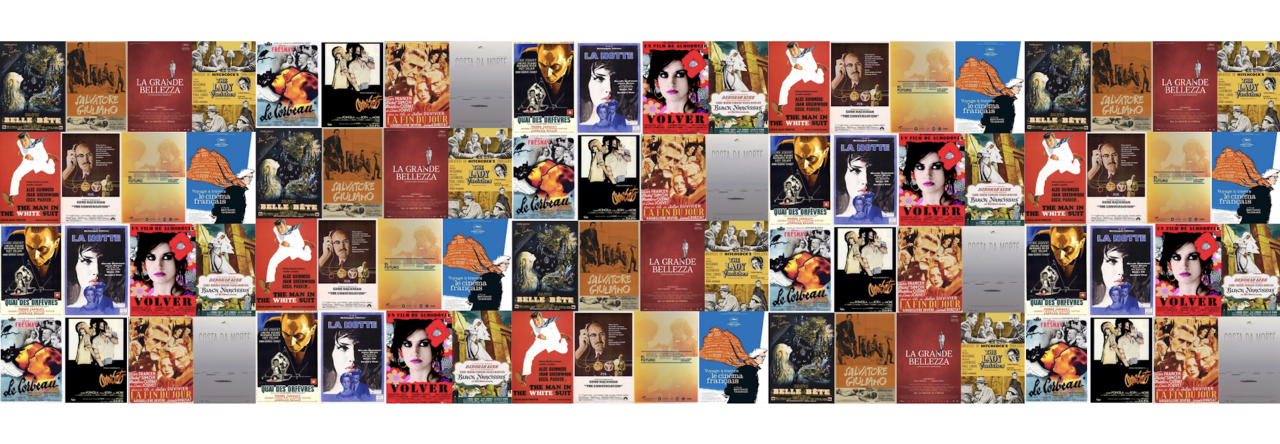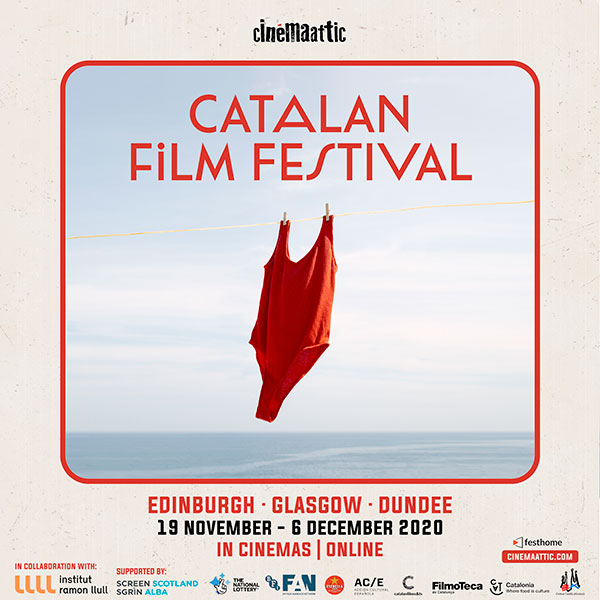
Stay at home, please.
I have been working from home for just over a week. My place of work had announced its impending closure earlier today, but I expect to still be working from home (rather than getting through my TBR pile) for the foreseeable as many of the services that my team support are either already online or will be adapted for delivery in that format. Anyhow, as it now (finally) looks like a whole lot more of us in the UK will be indoors, I thought I’d start compiling a list of things to watch / read online for free (or minimal cost). I’m going to divide things into Viewing and Reading (I may add Listening if I have time to get into podcasts), and then add links in alphabetical order as and when I encounter them. Update: I’m going to tidy this up as and when services end or links no longer work.
[Last updated: 18/05/20]
Viewing:
10 Years with Hayao Miyazaki – VOD. Four-part documentary about the creator of Studio Ghibli’s best-loved films. Streaming on a Japanese platform for free, and appears to have subtitles in nine different languages.
The 100 Best Films Streaming on Netflix and Amazon Prime – compiled on the BFI site, and looks like it will be updated regularly.
40 Days to Learn Film – VOD. A film lecture from Mark Cousins (free to view).
Chili – VOD. Not a platform that I’ve heard a lot about but they have individual titles (including films recently in UK cinemas) available for digital rental, and although they don’t appear to have much in the way of World Cinema, they do have a fairly substantial documentary section.
Cinémathèque française – Streaming. The Cinémathèque française has launched a new online platform, Henri (named after Henri Langlois), on which they will add a different film every night at 8:30pm – and it will be accessible worldwide. They will be choosing films that they’ve restored in the past twenty years, including some that are otherwise unavailable. They’re starting tonight (9th April) with Jean Epstein’s The Fall of the House of Usher.
Doc Alliance – VOD. Subscribe for 6€/month. A vast catalogue of documentaries (including shorts) from around the world (there are often multiple versions of the same film, each with subtitles in a different language).
Festival Scope – VOD. Hosts the online presence for various film festivals – films can either be rented individually, in batches with a discount, or sometimes for free. It will be worth periodically checking back to see which festivals are making films available.
Korean Film Archive YouTube Channel – VOD. Korean films put online for free by the national film archive (English subtitles are available – at least on the selection that I’ve browsed through).
Márgenes – VOD. This is the platform that hosts the Festival Márgenes every year. There are geographical restrictions on some titles, but a lot can be rented for a couple of euros. The bulk of their catalogue is effectively independent Spanish-language cinema, including quite a few of the ‘Otro cine español’ titles that I’ve written about in the past. Explore!
Panda cam (other animals/birds can be chosen from the main navigation bar) – filmed in nature reserves, national parks, and zoos. A whole lot more relaxing than the news.
Reading:
The Big Issue – The homeless population (ever expanding in recent years thanks to austerity and other government policies) are especially vulnerable to the pandemic, and The Big Issue‘s vendors will not be encountering customers during lockdown. Most of the magazine’s income comes from those street sales; they are asking people to show their support by either buying a digital copy, taking out a three month subscription, or making a one-off donation, to help them cover costs (and continue to support their vendors) during the lockdown and its aftermath.
Borderless Book Club – This developed out of the Translated Fiction Online Book Club [I’ve removed the details of that to avoid confusion], but they’ve now expanded their schedule and gone for a snappier title. The original six UK independent presses who specialise in translated fiction – Peirene Press, Charco Press (who have some excellent Latin American titles in their catalogue), Comma Press, Istros Books, Nordic Books, and Tilted Axis Press – have been joined by Bitter Lemon Press and Fitzcarraldo Editions in their online book club, which involves live discussion and interviews with authors and translators (all via Zoom). Even if you don’t want to participate in the book club (I haven’t had time and tbh video call discussions don’t appeal to me, not least because I’m using them for work), these indie presses merit bookworm support and their back catalogues will reward exploration.
Diverted Traffic – a new newsletter from the London Review of Books that each day releases an archive article from behind their paywall.
Nancy Campbell to Alicia Kopf | Alicia Kopf replying to Nancy Campbell
Pedro Almodóvar’s Lockdown Diary – Part 1 | Part 2 | Part 3 |
The Pudding – a ‘digital publication that explains ideas debated in culture through visual essays’. Among their greatest hits: Rappers, sorted by the size of their vocabulary; Women’s pockets are inferior; Colorism in high fashion.
Virtual Book Channel – from LitHub. Interviews, book launches, and more.
Weekly Film Bulletin – sign up for a new weekly email of feature writing and VOD recommendations from Sight & Sound.












